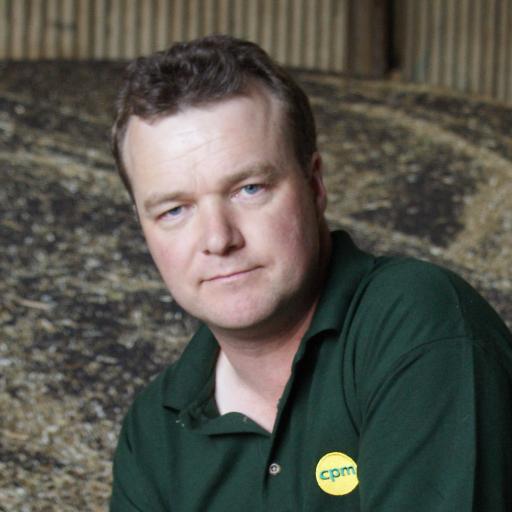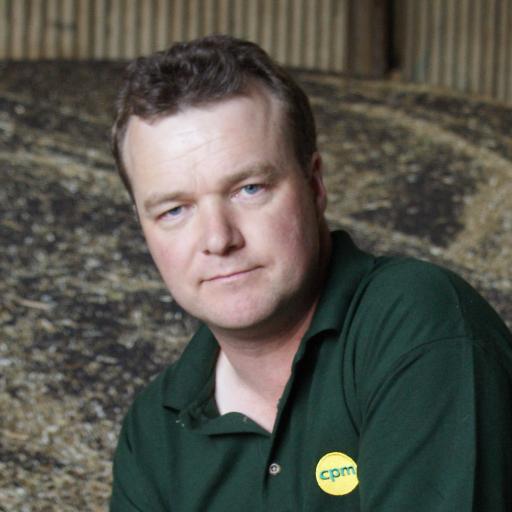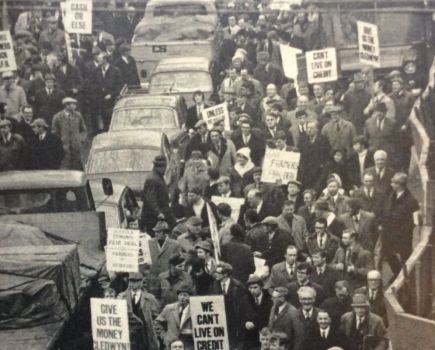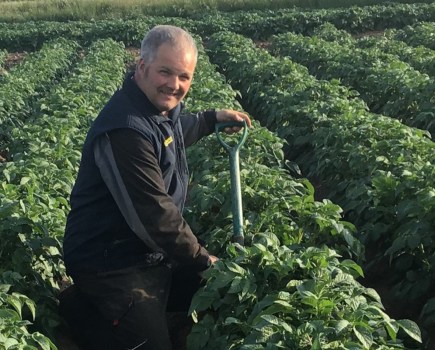Here on my farm, we’ve started a policy review, under the banner ‘Make My Farm Great Again’.

Tom Allen Stevens
It’s prompted by the prospect that after 2020, there won’t be a nice cheque from the Rural Payments Agency, so it may be prudent to spend the next three years working towards that. We’ve realised that without that annual payment, there’s going to be a deficit in the finances, so we have to look at the public services we provide and decide where we make cutbacks.
It’ll be tough and controversial, but necessary if this business is to thrive – for far too long my farm has served the needs of the wider world without focusing on what will make it prosper and become stronger.
First up, we’ve ring-fenced services we’re not going to compromise. Food production is the main one – any cutbacks here would surely threaten our economic viability. What’s more, there’s plenty of opportunity for growth – just flick through the pages of this month’s CPM and you’ll find this is an industry that’s on the cusp of greatness, and there are some exciting developments to look forward to.
But we have identified one service we provide that has a significant cost and which provides no return – public access. This relentless, unchecked people migration puts a huge strain on resources – anyone with a commercial shoot will know how walkers with their dogs threaten its very viability. The level of wildlife crime committed by visiting members of the public, blissfully unaware of the havoc their unleashed dogs are wreaking on the countryside, is staggering. We see the gruesome pictures on social media of the visible cost farming suffers, but unseen is the loss of production suffered by worried stock.
Then there’s the health and safety implications – I have a working quarry on my farm, and access to this is forbidden. Anyone who goes down there has to check in with the site office and wear a hi-vis vest to ensure they’re not bulldozed. Yet on the farm, there are no such checks – we suffer considerable cost, tailoring spraying and other operations to limit bystander exposure, yet there is no obligation on visitors to even comprehend they are entering a working environment.
So I’m not suggesting we build a wall, but I am suggesting we put up borders against this unchecked and costly migration.
Next up are the trees and hedgerows we have – do they actually serve a purpose? Quite frankly, they get in the way of farming operations, and cost a small fortune to look after, damaging the very economy of the farm. I know there’s an argument they contribute towards mitigating climate change, but I’m not sure anyone has actually made a sound scientific link. So why should I have to bear the brunt of this responsibility, especially when there are plenty of farms with far fewer trees and hedgerows than I have?
Next, let’s look at water quality. If you tot it up, the water that passes through my land is arguably worth more to society than the crops it produces. Yet I suffer considerable costs in terms of what I’m not allowed to put on my crops just to preserve the quality of the water for which I don’t receive a penny. How is that fair?
Of course, we have to be careful here, as there are aspects of preserving water quality that have a positive impact on food production, such as soil erosion and nutrient loss – it’s a two-way trade-off. So what I’m suggesting here is a dialogue with the local water company, and perhaps some sort of tariff system that pays me a fair return for the pesticide-free water I export.
There are a number of other checks and regulations we’d review – who needs Environmental Impact Assessments, for example? If I think ploughing up some old pasture will Make My Farm Great Again, there’s no one who should stand in my way.
What’s the point of a Tree Preservation Order? How does a scheduled monument make my farm prosper? And water abstraction licences stifle the potential of a whole area of arable production that could really be great.
So as 2016 comes to a close, with all the seismic shifts we’ve witnessed, I don’t think we need to worry about policy changes a government may make once it’s unbridled by EU restrictions. At its heart, the current administration clearly wants to embrace everything that’s makes farming strong, and Make UK Agriculture Great Again.
Tom Allen-Stevens has a 170ha arable farm in Oxon, and strongly denies any suggestions policies put forward are racist, sexist, belligerent or bull-headed.




